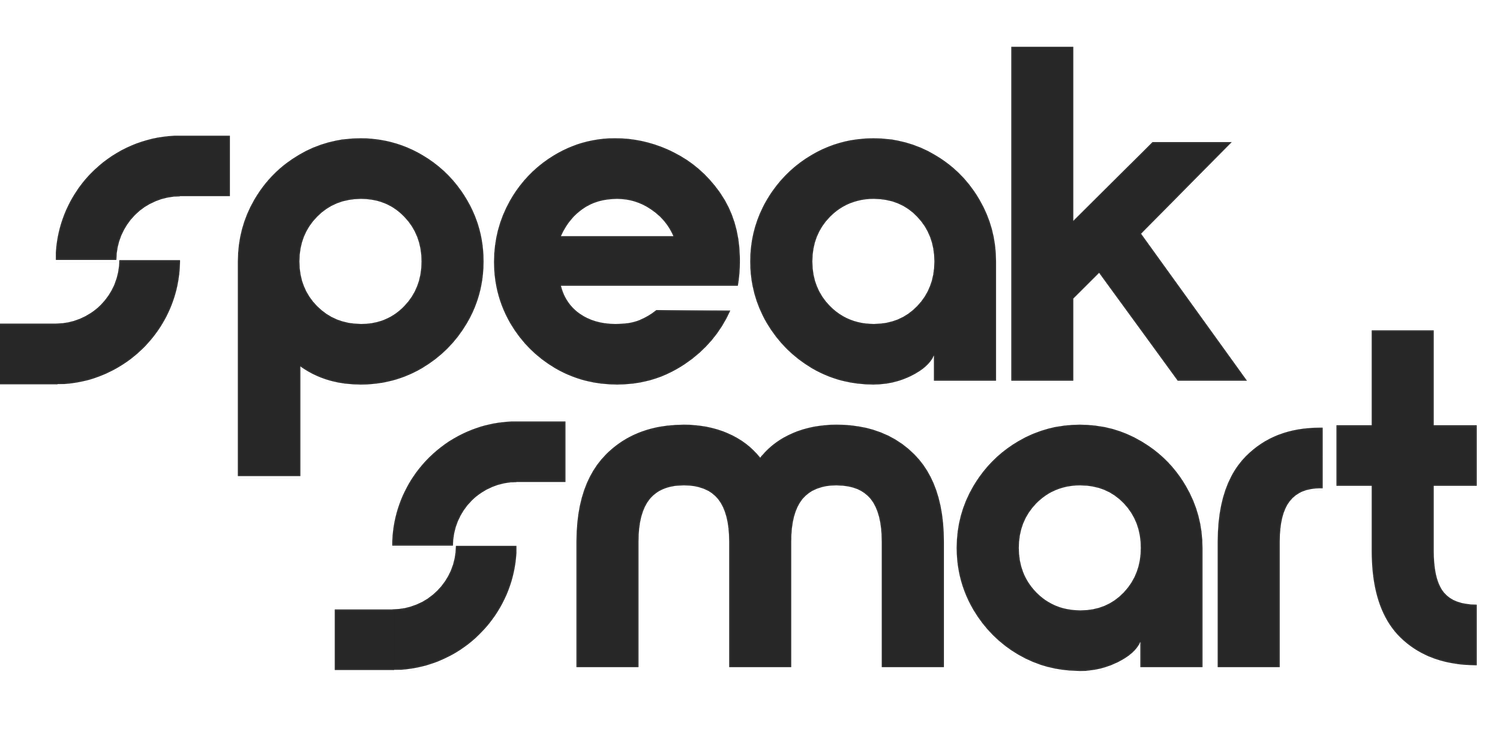
Persuasive Arts; Rhetoric
A series of seminars designed to equip talented students with the stylistic techniques needed to master the art of public address and presentation.
-
Age Groups
This program is offered to students in grade 4-5, 6-8, and 9-12
-
Sessions
This program features 6 sessions, each at a length of 2 hours
-
Participants
This program is offered to participants through partner institutions.
Program Overview
Rhetoric is simply the art of persuasion. It’s what politicians, advertisers, lawyers, and salespeople use to say the right thing at the right time. It’s also far more critical to a fulsome education than you might expect. Once taught as an essential discipline to students in Ancient Greece, Rome, India, and China, rhetoric was as basic an educational assumption as math or language arts. Today it is largely a lost and esoteric art, reserved for communications students and those diligent enough to cull through heaps of online content on the matter. An education in rhetoric lends to a sophisticated, emotionally intelligent, and logically cogent approach to interpersonal and public communication.
Articulaire’s 6-week seminar series on Rhetorical Arts is a condensed version of the 12-week program, and is designed refine students’ approach to communication with personal appeal, expressive language, logical rigidity, and temporal appropriacy. Beginning with a seminar on rhetorical tenses, students will first will first master the three temporal orientations. They will then discover the rhetorical trifecta, beginning with Ethos, the persuasive application of character and credibility. The second third of the program features both Pathos - the persuasive use of emotion, and a detailed discussion and demonstration of rhetorical devices. Following a seminar on critical thinking and the identification of fallacies as part of Logos, students will conclude the series with a discussion of communicating ethical sophistication.
Rhetoric is intended to make ideas more attractive, appealing, and even logically irrefutable. Students can benefit from amplified charisma, critical thinking skills, and the lucrative ability to communicate abstract ideas into persuasive speech and writing. For centuries, rhetoric has remained the foremost art of linguistic precision and evaluative reasoning. In contemporary times, it’s an uncommon and largely misunderstood skill, the mastery of which can differentiate students and professionals in unimaginable ways.
-
Seminar one features a comprehensive discussion of rhetorical tenses, otherwise referred to as temporal orientation. Students will first discover the application of forensic rhetoric (past-tense), demonstrative rhetoric (present-tense), and deliberative rhetoric (future-tense) in domains including conflict management and politics. They will then fixate on deliberative rhetoric as a method to frame criticism as opportunity and promises as depictions of a better future. Despite that each rhetorical tense is viable in its own respect, future-oriented speech is underscored as the ideal and maximally productive and persuasive of the three.
-
Seminar two features a comprehensive discussion of Ethos, the persuasive use of character and credibility, with a focus on personal branding. Students will first recognize the value of cultivating a consistent and perceptible “brand” through which they interact with others. They will then discover the four Ps of Ethos, namely Principle, Propriety, Professionalism, and Philanthropy. Finally, students will reflect on how they would ideally like to be seen by others, and asked to think of descriptors and qualities they might want to be known for. These will be instrumental in the creation of their personal brand report.
-
Seminar three features a comprehensive discussion of Pathos, the persuasive use of emotion, with a focus on storytelling and emotive language. Students will first discover that the decisions and judgements of others are typically made on a primarily emotional basis, and that this propensity is often leveraged in speeches, advertisements, and other forms of communication. They will then be guided through the best practices of emotional appeal across communicational contexts, with demonstrations in public speaking, marketing, and political messaging applications to promote practical understanding.
-
Seminar four features a comprehensive discussion of Logos, the persuasive use of logic, with a focus on critical thinking through argumentation and reasoning. Students will first discover the critical and oft-misunderstood distinction between opinion, fact, and truth. They will then be introduced to formal argumentation via discussions of fallacy identification, inductive and deductive reasoning, logical inference, and above all, argumentative structure. Finally, students will engage in a formal debate on a sufficiently controversial yet apolitical debate wherein they can practically apply their newly-acquired logical skillset.
-
Seminar four features a comprehensive discussion of Ethos, the persuasive use of character and credibility, with a focus on personal branding. Students will first recognize the value of cultivating a consistent and perceptible “brand” through which they interact with others. They will then discover the four Ps of Ethos, namely Principle, Propriety, Professionalism, and Philanthropy. Finally, students will reflect on how they would ideally like to be seen by others, and asked to think of descriptors and qualities they might want to be known for. These will be instrumental in the creation of their personal brand report.
-
The program’s culminating seminar features a comprehensive discussion of ethical sophistication. Students will first discover the true meaning of ethics in detail - that is, the moral principles and values that guide human behavior. They will then become familiar with the levels of ethical sophistication, particularly principally-derived ethical standards. In the rhetorical context, ethical sophistication can be used in persuasive applications to bolster one’s Ethos, a concept discussed at length throughout the seminar series. The program will conclude with a roadmap for further development as well as opportunities to practice persuasive arts.
